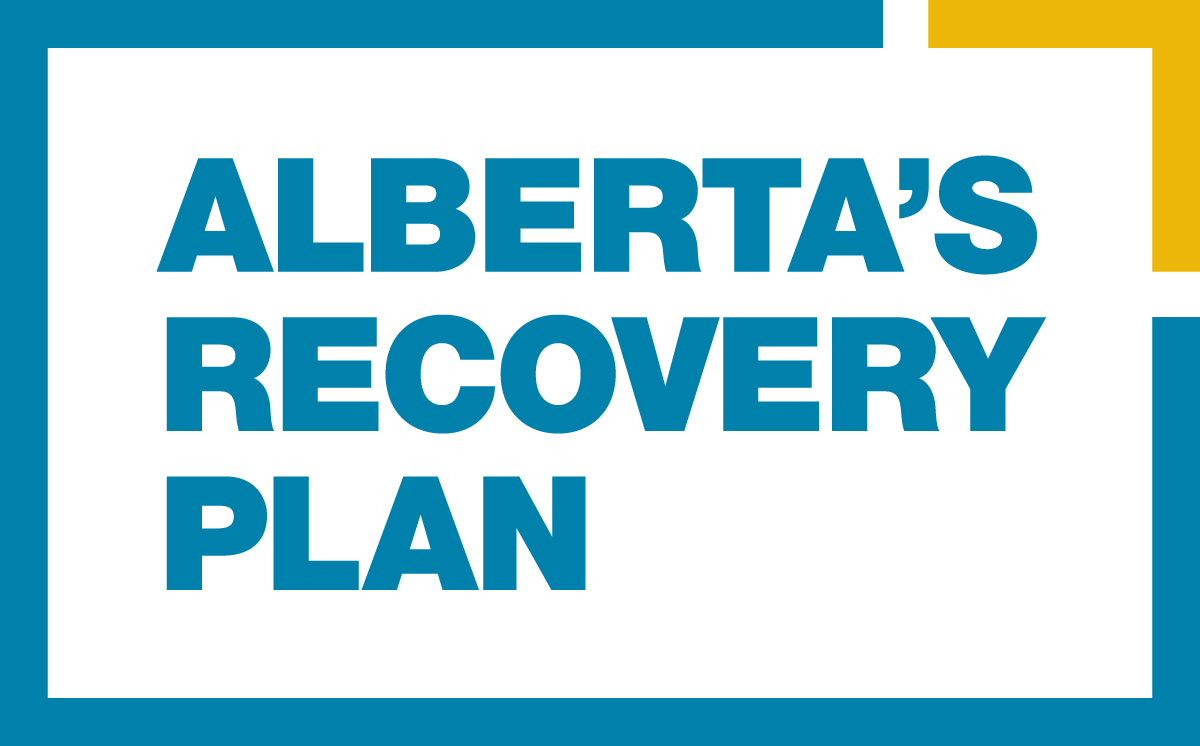
Premier Kenney with provincial and municipal leaders at Red Deer City Hall Park. (L to R: Mayor Tara Veer, City of Red Deer; MLA Jason Stephan, Red Deer-South; Premier Jason Kenney. Not pictured: Associate Minister Luan; Minister LaGrange)
As part of Alberta’s Recovery Plan, $25 million will support the construction of life-changing recovery communities, which will play a critical role in supporting the health, wellness and long-term recovery of Albertans.
“Today’s announcement is a big step towards supporting Albertans in their goal of recovery. We dedicated a portion of our Recovery Plan to ensure infrastructure was being dedicated to the vulnerable people in our communities. These recovery communities are a continuation of our efforts at creating 4,000 addiction treatment spaces in the province and building a full continuum of care for people struggling with addiction.”
Recovery communities, also known as therapeutic communities, are a form of long-term residential treatment for addiction, used in more than 65 countries around the world. Recovery is seen as a gradual, ongoing process of cognitive change through clinical and peer interventions. Program participants advance through the stages of treatment at their own pace, setting personal objectives and assuming greater responsibilities in the community along the way.
“I am excited to announce the first of five recovery communities will be in Red Deer. This is an important step in the expansion of our mental health and addiction recovery strategy. I want to thank the City of Red Deer for their tremendous partnership on this important project. Their commitment to the community and the people struggling with addiction has been second to none.”
Recovery communities encourage participants to examine their personal behaviour to help them become more pro-social and positively engaged citizens – considered to be based on honesty, taking responsibility, hard work, and willingness to learn. The goal is for a participant to leave the program not only drug-free but also employed or in school or training.
Five recovery communities are being built across Alberta. It is anticipated recovery communities will begin accepting participants in spring 2021.
“Today’s announcement by the Government of Alberta responds to a long-standing critical health and social need in our community. The lives and well-being of our loved ones matter most of all, and this vital investment will significantly help our local addictions response by ensuring access to treatment for individuals and families affected by addictions in Red Deer and central Alberta.”
“I am pleased to hear that a recovery community is coming to Red Deer. This facility is poised to have a dramatic impact on those struggling with addiction in Red Deer and in central Alberta. I look forward to seeing the positive effects it has on its patients and the community as a whole.”
“Addiction is a challenge of human nature. Success in this complex matter must begin with the end in mind: supporting and loving our neighbours to become free from addictions. The announced therapeutic community for Red Deer is an innovative, game-changing service towards loving and supporting our neighbours seeking to become free from addictions, blessing families and communities throughout central Alberta.”
This historic infrastructure investment complements government’s ongoing commitment to create 4,000 addiction and mental health treatment spaces in the province.
Alberta’s Recovery Plan is a bold, ambitious long-term strategy to build, diversify, and create tens of thousands of jobs now. By building schools, roads and other core infrastructure we are benefitting our communities. By diversifying our economy and attracting investment with Canada’s most competitive tax environment, we are putting Alberta on a path for a generation of growth. Alberta came together to save lives by flattening the curve and now we must do the same to save livelihoods, grow and thrive.
Quick facts
- This project is part of the more than $10 billion infrastructure spending announced as part of Alberta’s Recovery Plan.
- This spending includes:
- $6.9 billion Budget 2020 capital spending
- $980 million accelerated for Capital Maintenance and Renewal
- $200 million for Strategic Transportation Infrastructure Program and water infrastructure projects
- $600 million in strategic infrastructure projects, $500 million in municipal infrastructure
- $1.5 billion for Keystone XL
